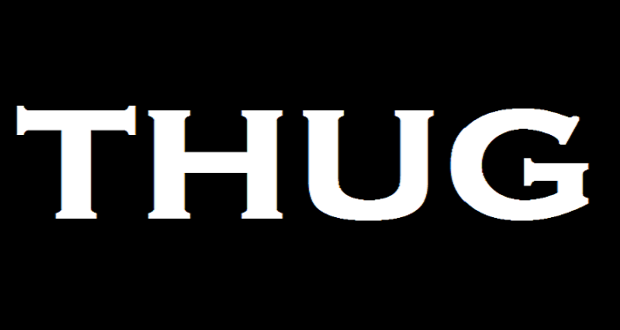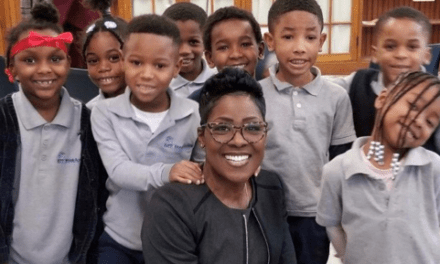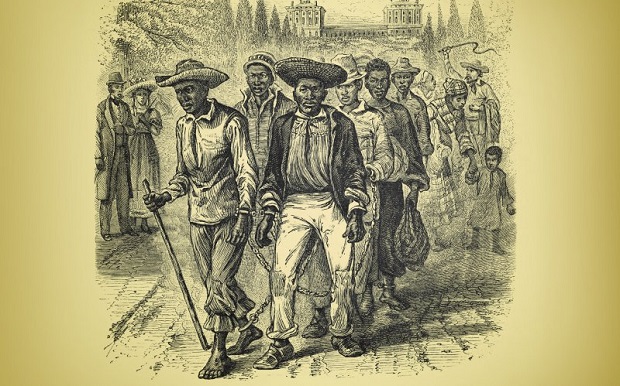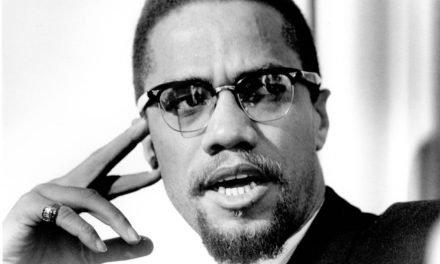
When I started this series, I intended to clarify definitions of various terms used in diversity and inclusion work. In previous weeks, I defined diversity, inclusion, minority, and dominant group. I feel compelled to deviate from my original intent and take on the debate that is playing out in the media over the term “thug” which has been used by several politicians, including the President, to describe the young people involved in this latest, racially charged situation in Baltimore where protests have ensued over the death of Freddie Gray, a 25 year old black man who died in police custody.
The first few days of the protests were peaceful but on Monday night they turned violent…several fires were set and there were reports of widespread looting. These unlawful acts were attributed to a group of high school students who were called “thugs” by President Obama, Maryland’s Governor, Baltimore’s Mayor Stephanie Rawlings and others. The characterization sparked so much controversy that some later retracted their comments with an apology.

Webster defines the word thug as a violent person, especially a criminal. Synonyms include vandal, hooligan, gangster, hoodlum, hired gun, and hood. The definition seems to be fairly broad and technically could encapsulate the behavior of these young people. Specifically the term vandal might apply. However we have to dig a bit deeper beyond the dictionary definition to how the term has come to be commonly accepted. According to Michael Jeffries the author of Thug Life: Race, Gender, and the Meaning of Hip-Hop, “the label was attached to black and brown people, impoverished people, living in urban communities, regardless of their behavior,” Jeffries told Newsweek in a recent interview. “They adopted the word for subversive and oppositional reasons, and it found its way into the music.”
NPR’s Melissa Block interviewed John McWhorter, associate professor of English and Comparative Literature at Columbia University, about the use of the word “thug” to describe the behavior of the Baltimore students. His response: Well, the truth is that thug today is a nominally polite way of using the N-word. Many people suspect it, and they are correct. When somebody talks about thugs ruining a place, it is almost impossible today that they are referring to somebody with blonde hair. It is a sly way of saying there go those black people ruining things again. And so anybody who wonders whether thug is becoming the new N-word doesn’t need to. It most certainly is.
“Anybody who wonders whether thug is becoming the new N-word doesn’t need to. It most certainly is.” –John McWhorter, Associate professor of English and Comparative Literature, Columbia University
Baltimore City Councilman Carl Stokes vehemently agreed and in an impassioned retort to CNN’s Erin Burnett he said, “Why don’t you just call them ‘niggers’. Just call them niggers. These are children who have been set aside, marginalized, who have not been engaged by us. No, we don’t have to call them thugs.” In another interview a few days later, Stokes made the comparison to college students who have set fire to cars and looted following college football games. He said, “We don’t label them as thugs. We call them college students.”
Of course these young people were totally wrong. They turned a peaceful and legal protest into an ugly night of criminal activity that will have devastating, costly and long lasting impact on a community already in despair. Those involved should be held accountable for their actions. We can do that without calling them thugs. Perhaps more appropriate words would be arsonists and looters.
What’s in a word? Lots. There is the dictionary definition and there can also be the commonly understood definition and they are not always the same! We should all learn, especially public figures, to choose our words carefully.


















